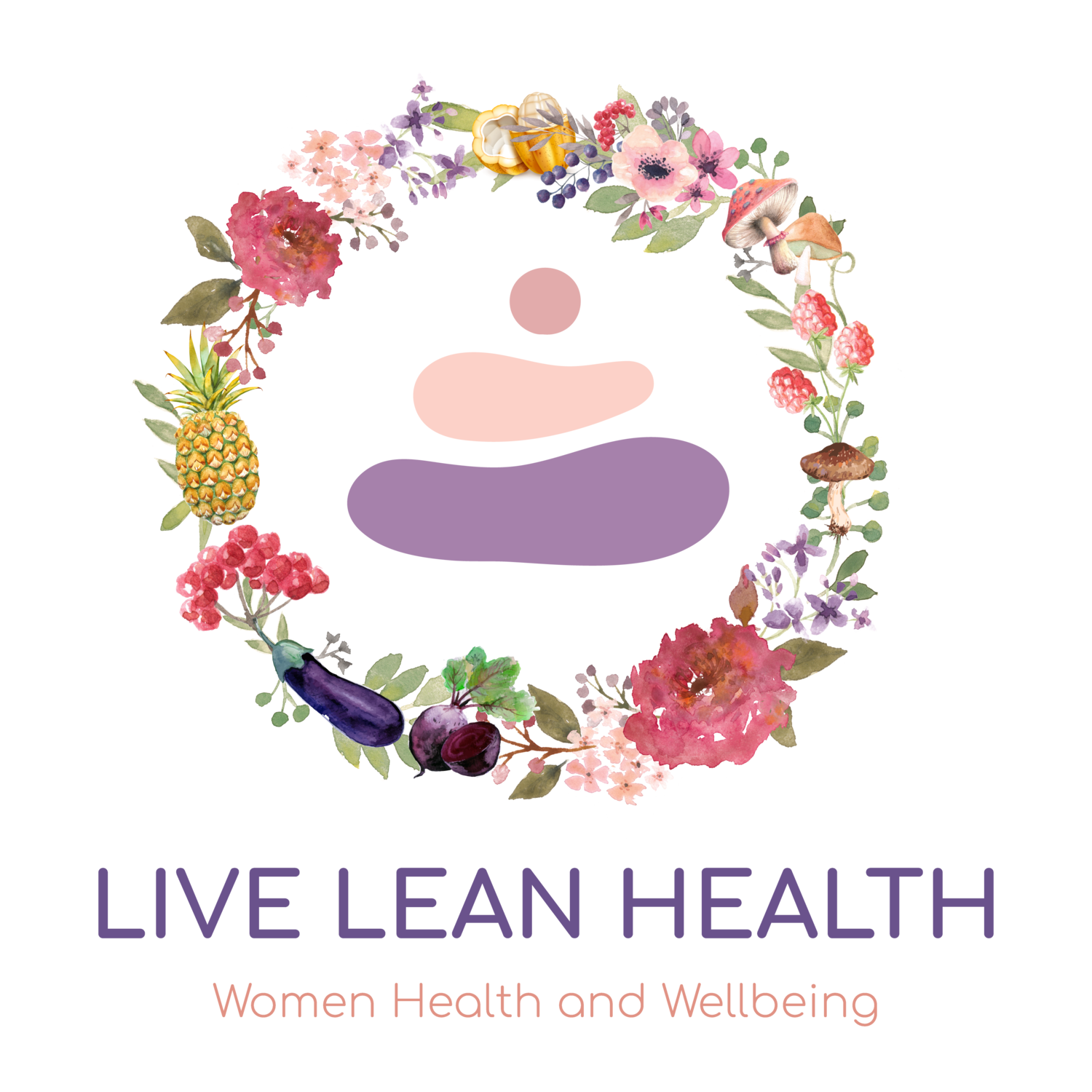From my Heart to Yours: A deep dive into the cardiovascular benefits of Hawthorn
Nature’s “Farmacy” never ceases to amaze me. It is not surprising that Big Pharma uses nature’s compounds to create pharmaceuticals; yet we are warned against the use of these Phyto compounds on their own. Thankfully, the art and knowledge behind herbalism, has not been lost with the ages, but it is guarded by Herbalist who are keen to keep that wisdom alive.
I would love to share some info about Hawthorn, one of the safest herbs in nature, and its powerful benefits to support cardiovascular disease.
With heart disease being the number one cause of death in developed countries, it is quite surprising that the average person would not know about Hawthorn. Sure, this herb is not a “cure all”, nothing truly is, and diet and lifestyle are important, as taking this herb cannot outdo a bad diet, lack of movement or even genes, but this amazing plant can absolutely support our health, prevent cardiovascular disease and even provide relief for people who already have it.
Hawthorn is from the Rosacea family and there are 280 species of this amazing plant. The most widely used are Crataegus Monogyna, Crataegus Oxycantha and Crataegus Laevigata. Herbalists use leaves, flowers and berries alike, but the berries can also be consumed as food and are extremely rich in antioxidants and polyphenols[1], [2], aside from tinctures, vinegars and teas. This means that we can have larger quantities of the plant without toxicity from it; hence I mentioned this being one of the safest!
Here are 5 impressive properties of Hawthorn
1. Loaded with antioxidants and possibly anti-inflammatory: Hawthorn berry is a rich source of polyphenols[3],[4] which are powerful antioxidant compounds found in plants. Antioxidants help neutralize free radicals which can damage our cells when they are present at high levels. We are constantly facing free radicals being created from metabolism, environmental exposures and our lifestyle, so it is key to have food that can manage their levels in our body. [5] Polyphenols and Antioxidants are also strong allies of the body when it comes to dealing with cancer, type 2 diabetes, asthma, infections, cardiovascular disease, inflammation and other degenerative diseases. [6], [7]. We also know that chronic inflammation is linked to the diseased mentioned above, mostly as our body operates ideally in an alkaline state, and a state of acidosis would trigger the body’s immune system to crate inflammation as a warning sign, hoping for the human to do something about it… sadly most times we don’t! Hawthorn might be a great plant to add to assist in managing chronic inflammation too. One study, researchers gave vitexin — a compound present in hawthorn leaves — to mice with respiratory conditions, to decrease their inflammatory response, with a positive outcome. [8]
2. Hawthorn can help lower blood pressure: As a vasodilator[9], [10], Hawthorn, can relax constricted blood vessels, lowering blood pressure. In Herbalism and other traditional medical practices, the berry itself is consumed as food, to achieve the same. [11] One of the key things to note about Hawthorn is that, it is also a diuretic, which means it will help the kidneys filter and eliminate, having a positive impact on blood pressure.
3. Can assist in lowering LDL cholesterol: Hawthorn is rich in Pectin, which is a fiber linked to lowering bad cholesterol [12], preventing issues like atherosclerosis[13] . When plaque continues to build up in the arteries, it could completely block a blood vessel, leading to a heart attack or stroke, one of the worst outcomes of cardiovascular disease. In one animal study, mice that received two doses of hawthorn extract had lower total and LDL cholesterol, as well as 28–47% lower liver triglyceride levels, compared with mice that did not receive the extract [14] The only unfortunate thing to remark about studies, is that they are not often conducted on humans, even though Hawthorn is safe, even in conjunctions with most medications, so more research is needed. Traditional medicine observations, are however encouraging.
4. Supports overall heart health, including heart failure: Aside from lowering high blood pressure and hyperlipidaemia, Hawthorn has been shown to improve general heart functions in people with heart disease. One study looked at 1011 people diagnosed with stage 2 heart disease and they were given high doses of Hawthorn. After 24 weeks, they showed a great increase in symptoms. [15] “The largest, recent, and well-known study, The Survival and Prognosis: Investigation of Crataegus Extract WS 1442 in Congestive Heart Failure (SPICE) trial, was designed to assess the safety of a standardized hawthorn extract, WS 1442, and its effects on morbidity and mortality in patients with New York Heart Association (NYHA) class II and III CHF; hawthorn was used in addition to optimal standard care.7 The randomized, multicentre, double-blind, placebo-controlled study enrolled 2,681 patients and was performed at 156 centres in 13 European countries. Patients with NYHA class II and III CHF and reduced left ventricular function ≤35%) were randomized to either the study medication (450 mg WS 1442 twice daily) or placebo in addition to conventional treatment for 24 months.”[16] Multiple studies have suggested hawthorn may have beneficial effects without severe adverse effects in people with heart failure[17], [18], [19]
Studies mostly show improvements in heart function and heart-failure symptoms — such as shortness of breath and fatigue
5. It can also reverse ageing! Bonus point for Hawthorn, though it is logical and linked to the points above! A healthy lifestyle, with supporting herbs for optimal bodily functions, will also result in lower cellular degeneration, linked to ageing! The truth is that we do not need to become ill, tired and tired looking as we age; graceful ageing is absolutely possible. Sure, genetics play a role, but having food rich in antioxidants and polyphenols and vitamin C, which is key to collagen production, are so important to the fast or slower progression of ageing. One study did show that Hawthorn and Ginseng are a great combination for our anti-ageing quest! [20]
As this herb has not reported toxicity in the amounts advised as medicine (30mg berries and max 30mg leaves and flowers as tea, and 5ml as tincture) or food, it is one of the safest plants to use for our cardiovascular health. It may create digestive un-ease; in which case it is suggested to lower the dosage. Hawthorn can interact with medications such as digitalis and beta blockers, so always consult your medical practitioner before adding this to your regime.
Adding the berry is no danger and can be used in many ways! One fun recipe is by Herbalist Rosalee La Foret: Hawthorn Cordial
[1] https://www.ncbi.nlm.nih.gov/pmc/articles/PMC4586556/
[2] https://www.ncbi.nlm.nih.gov/pmc/articles/PMC5490577/
[3] https://www.ncbi.nlm.nih.gov/pmc/articles/PMC4586556/
[4] https://pubmed.ncbi.nlm.nih.gov/28284186/
[5] https://pubmed.ncbi.nlm.nih.gov/29952268/
[6] https://www.ncbi.nlm.nih.gov/pmc/articles/PMC5490577/
[7] https://pubmed.ncbi.nlm.nih.gov/34806294/
[8] https://www.ncbi.nlm.nih.gov/pmc/articles/PMC8505070/
[9] https://www.ncbi.nlm.nih.gov/pmc/articles/PMC6271784/
[10] https://www.ncbi.nlm.nih.gov/pmc/articles/PMC5368468/
[11] https://pubmed.ncbi.nlm.nih.gov/27852126/
[12] https://pubmed.ncbi.nlm.nih.gov/28534127/
[13] https://www.ncbi.nlm.nih.gov/pmc/articles/PMC7047282/
[14] https://pubmed.ncbi.nlm.nih.gov/27187458/
[15] https://www.naturalmedicinejournal.com/journal/hibiscus-hawthorn-and-heart
[16] https://www.naturalmedicinejournal.com/journal/hibiscus-hawthorn-and-heart
[17] https://www.ncbi.nlm.nih.gov/pmc/articles/PMC4586556/
[18] https://www.ncbi.nlm.nih.gov/pmc/articles/PMC6271784/

